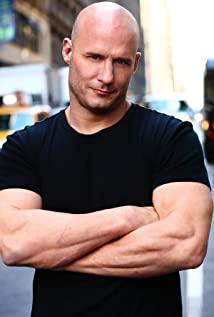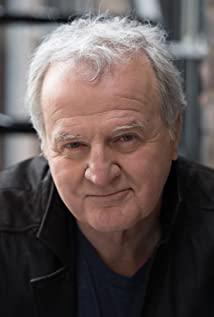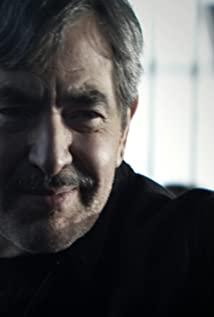Judge Cooper:
You invited yourself here to make a final stand.
Judge Cooper:
You invited yourself to the wrong forum.
Judge Cooper:
Our nation tolerates differences of opinions, because we have a civilized and non-violent way of resolving our conflicts.
Judge Cooper:
We have the means and methods to protest laws with which we disagree.
Judge Cooper:
You can criticize the law, lecture about the law, speak to the media or petition voters.
Judge Cooper:
But you must always stay within the limits provided by the law. You may not break the law, or take the law into your own hands.
Judge Cooper:
No one's unmindful of the controversy and emotion that exists over end-of-life issues and pain control.
Judge Cooper:
I assume the debate will continue in a calm and reasoned forum long after this trial and your activities have faded from the public memory.
Judge Cooper:
But this trial was not about that controversy.
Judge Cooper:
This trial was about you, sir.
Judge Cooper:
You've ignored and challenged the legislature and the supreme court.
Judge Cooper:
Moreover, you've defied your own medical profession.
Judge Cooper:
This trial was about lawlessness, about your disregard for a society that exists and flourishes because of the strength of our legal system.
Judge Cooper:
No one is above the law.
Judge Cooper:
You had the audacity to go on national television, show the world what you did, and dare the legal system to stop you.
Judge Cooper:
You publicly and repeatedly announced your intentions to disregard the laws of Michigan.
Judge Cooper:
Because of this, I am imposing the maximum sentence of 10 to 25 years.
Judge Cooper:
You may now, sir, consider yourself stopped.











